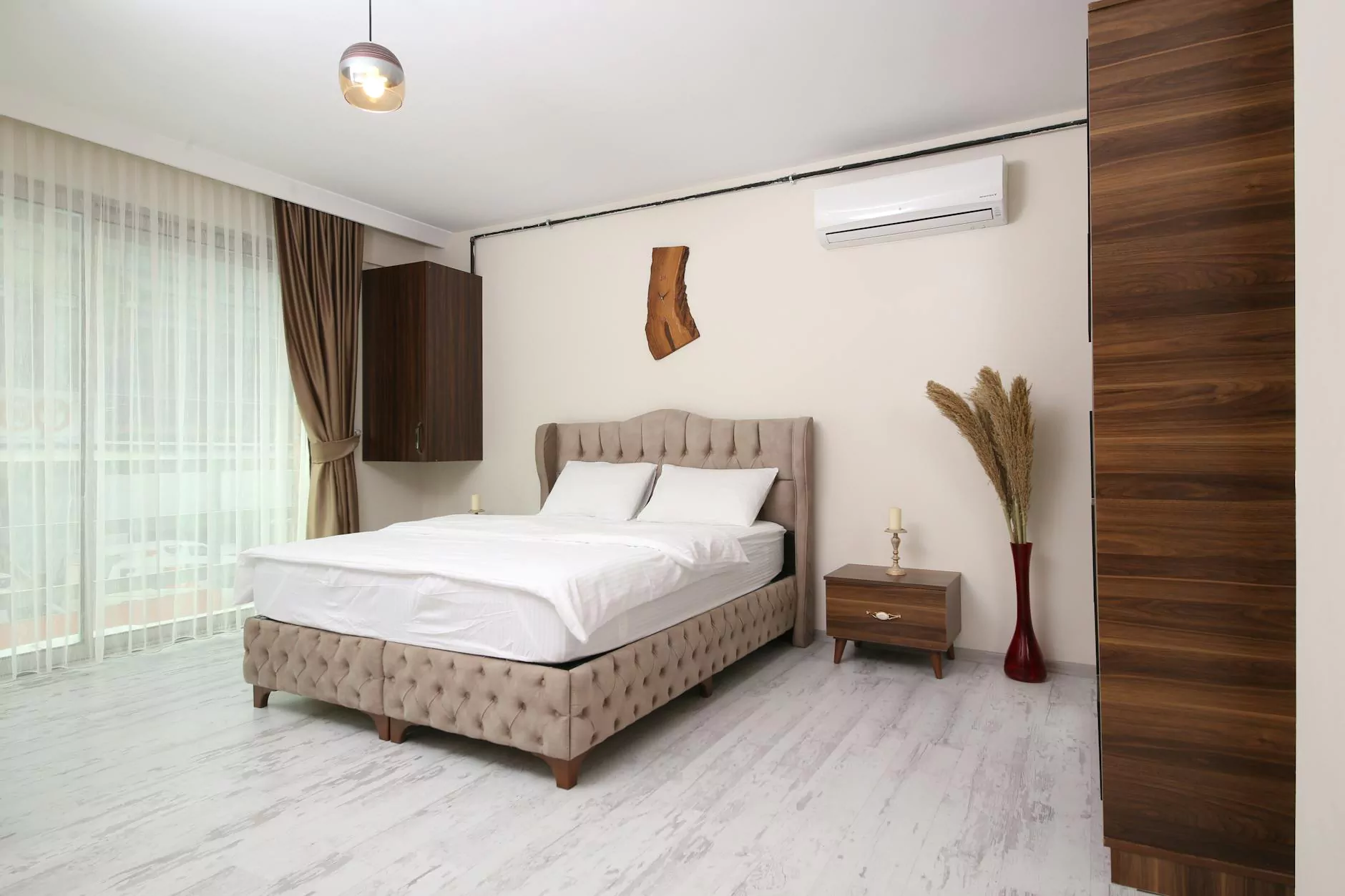Boosting Your Business Success with Real Estate Demographics

Introduction
In the competitive world of Home & Garden, Furniture Stores, and Home Decor businesses, staying ahead is crucial for sustained growth and success. In today's digital era, leveraging real estate demographics can provide invaluable insights into understanding your target market and tailoring your strategies to maximize profitability.
Understanding Real Estate Demographics
Real estate demographics refer to the statistical data that provides information about the characteristics of a specific market or area. By analyzing these demographics, such as age, income level, education, and household size, businesses can gain a comprehensive understanding of their existing and potential customers.
The Power of Data-Driven Decision Making
Access to accurate and up-to-date real estate demographics enables businesses to make informed decisions. By identifying key demographic trends in your target market, such as a rising demand for eco-friendly home decor products among millennials, you can tailor your product offerings and marketing campaigns accordingly.
Key Insights for Home & Garden Businesses
If you run a Home & Garden business, real estate demographics can help you identify the following key insights:
- The age group most likely to invest in home improvement projects
- The average household income of your potential customers
- The preferred style and design preferences in different neighborhoods
By understanding these insights, you can curate a product selection that matches the needs and preferences of your target audience, ensuring better customer satisfaction and higher conversion rates.
Targeting the Furniture Market
For furniture stores, real estate demographics provide indispensable information on consumers' purchasing power, lifestyle choices, and aesthetic preferences. By analyzing these demographics, you can tailor your showroom displays, product assortment, and marketing campaigns to match the profiles of your most profitable customer segments.
Moreover, real estate demographics can help you identify the influence of specific factors on purchasing decisions, such as:
- Proximity to upscale neighborhoods
- Income growth in the region
- Presence of young families or retirees
By recognizing these factors and adapting your business strategies accordingly, you can gain a competitive edge and position your furniture store as the go-to destination for quality products that complement both modern and traditional home design aesthetics.
Thriving in the Home Decor Market
Home decor businesses, whether brick-and-mortar or online, can greatly benefit from real estate demographics. By evaluating the following factors, you can align your business strategies with the needs of your target market:
- Population density in specific areas
- Income distribution within neighborhoods
- Popular interior design trends
By understanding the local demand for specific home decor styles, you can adapt your inventory and marketing efforts accordingly. Furthermore, you can identify emerging trends and capitalize on them before your competitors do.
Competitive Advantage through Consumer Insights
Utilizing real estate demographics gives your business a competitive advantage. By staying ahead of market trends and consumer demands, you can proactively position your brand and tailor your offerings to meet the exact needs of your target audience.
Conclusion
Real estate demographics offer valuable insights that enable Home & Garden, Furniture Stores, and Home Decor businesses to make data-driven decisions. By understanding the specific characteristics, preferences, and buying behaviors of your target market, you can optimize your product selection, marketing campaigns, and customer experiences, ultimately leading to enhanced business growth and profitability.










